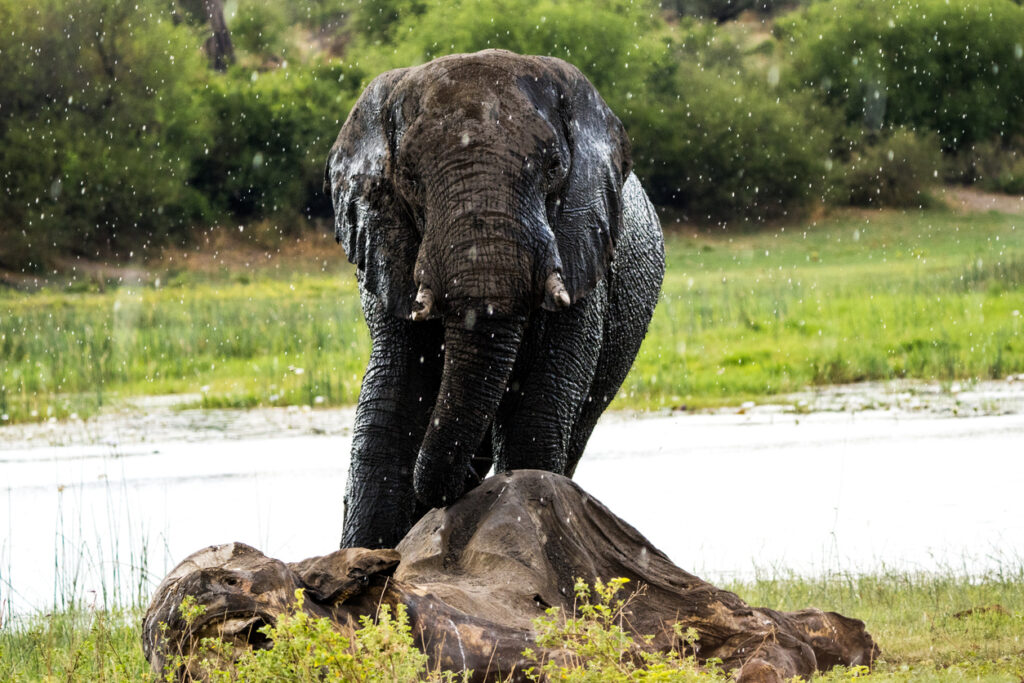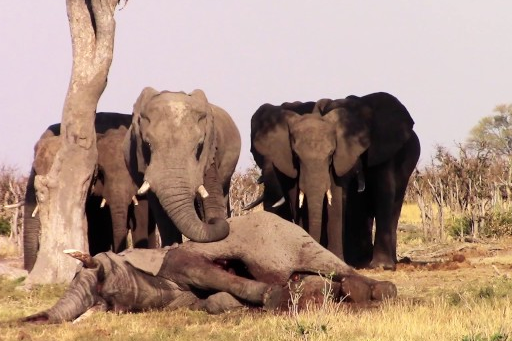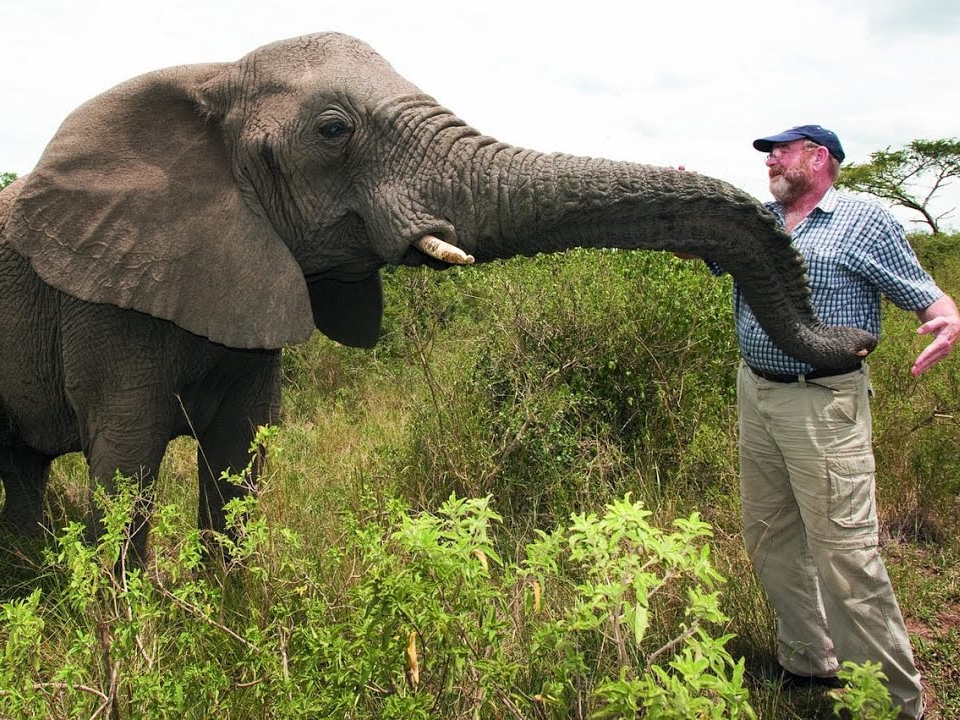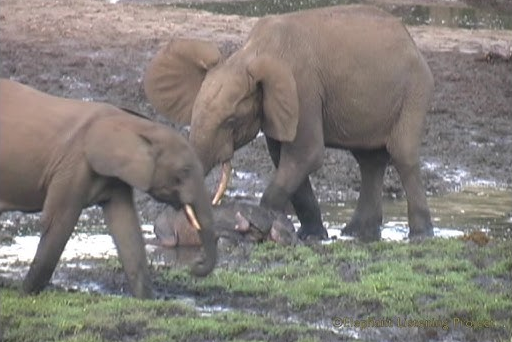1. Elephants Have Strong Family Bonds

Elephants live in close-knit family groups led by a matriarch, and each member plays an important role. Their family structure is so tight that they rely on each other for emotional support, safety, and survival. These bonds make the loss of a family member especially devastating for the group.
2. They Visit and Mourn Their Dead
Elephants have been observed returning to the bones or resting places of deceased elephants, sometimes even years after the death. They touch, smell, and investigate the remains, which scientists believe is their way of recognizing and paying respect to the deceased.
3. Elephants Show Physical Signs of Grief
When an elephant loses a loved one, it often exhibits physical signs of distress. They may droop their trunks, lose interest in food, and remain silent or motionless for long periods. This behavior mirrors the physical signs of grief observed in humans.
4. They Express Empathy Toward Grieving Members
If an elephant is visibly distressed or grieving, others in the herd will approach and offer comfort by touching it with their trunks. They gather around the grieving elephant in a show of solidarity and empathy, a behavior that demonstrates their deep compassion for one another.
5. Elephants Have Remarkable Memory
Elephants are known for their excellent memory, and they remember the locations, faces, and events associated with lost family members. This memory allows them to carry the emotional weight of those they’ve lost, revisiting these memories and locations, which can be both beautiful and heartbreaking.
6. They Form Friendships Beyond Family Ties
While family is crucial, elephants are also known to form deep friendships outside of their immediate family units. These friendships are marked by loyalty, cooperation, and trust. When one of these close friends passes away, the surviving elephant feels the loss deeply, just as humans do.
7. They Perform “Death Rituals”

When an elephant in their group dies, the herd may surround the body, touch it with their trunks, and occasionally cover it with leaves or soil. These behaviors resemble human rituals and serve as an expression of their grief and respect for the departed.
8. Elephants Exhibit Post-Loss Depression
After a significant loss, elephants may show signs of what we’d call depression in humans. They might withdraw from their social group, show a lack of interest in eating or drinking, or even wander alone, showing that the emotional toll of loss affects them profoundly.
9. They “Cry” in Their Own Way
While elephants don’t shed tears like humans, they express sadness through body language, sounds, and behavior. Their quiet rumblings, solemn postures, and gentle trunk movements can all indicate feelings of grief or sadness, which are remarkably similar to human mourning gestures.
10. Elephant Calves Grieve for Their Mothers
Young elephants are especially affected by the loss of their mothers, who are essential for their survival and emotional development. Orphaned calves sometimes stay near their mother’s body, refuse to eat, or exhibit behaviors that indicate they’re deeply mourning the loss of their primary caregiver.
11. They Have Long Mourning Periods

Just as humans mourn for extended periods, elephants may grieve for weeks, months, or even years. They continue to remember and mourn their loved ones, revisiting the places where they died and showing signs of sadness, which reveals the depth of their emotional connection.
12. They Recognize and Respond to the Deaths of Other Animals

Elephants have even been known to express compassion for the deaths of animals outside their species. There are stories of elephants appearing to mourn over dead or injured animals, which suggests a broader capacity for empathy that extends beyond their own kind.
13. Elephants Teach Us About Connection and Compassion
The way elephants mourn reminds us of the importance of connection, empathy, and love. Their behavior shows us that emotional bonds transcend species, and the sadness they feel for their loved ones speaks to the universal experience of loss. Elephants remind us that grief is a powerful, shared aspect of life.


